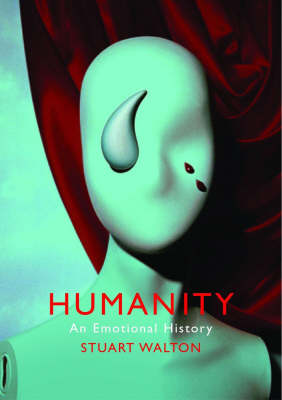In his history of Englandof 1757m the novelist Tobias Smollett records the case of a suicide pact between a London bookbinder named Smith and his wife who, having fallen into bankruptcy, killed their only child and then themselves. What struck Smollet about these deaths was the absence of helplessness. The Smith's suicide was merely a calculated decision about the most prudent course open to them.
Stuart Walton's vibrant, original and immensely enjoyable book shows that in 1732, when the Smiths' tragedy happened, such decorum was the general rule in polite society across Europe. An eruption of anger or misery would have marked a descent into savagery, something unseemly in members of a genteel culture. Walton contends that in the last two hundred and fifty years, there have been big changes in the unwritten rules that govern what can be expressed in public and in private. Our private lives have benefited from greater emotional honesty and articulacy (although Walton contends that there is still much progress still to be made), while some emotions, such as anger, appear to dominate public behaviour more than ever before.
In Humanity: An Emotional History Walton examines the history of each of our core emotions - fear, anger, disgust, sadness, jealousy, contempt, shame, embarrassment, surprise and happiness - in turn. For Walton, love and hate (between which there is famously only a thin line), are fundamental feelings that inveigle their way into all the other emotions. And he shows convincingly that without the emotions, there would be no human history. Walton's highly original and necessarily idiosyncratic work mixes history, philosophical insight and the latest science to produce a vivid and exuberant account of how emotions have shaped our past.
- ISBN10 1843541041
- ISBN13 9781843541042
- Publish Date 11 November 2004
- Publish Status Out of Print
- Out of Print 28 February 2014
- Publish Country GB
- Imprint Atlantic Books
- Edition Main
- Format Paperback
- Pages 410
- Language English
